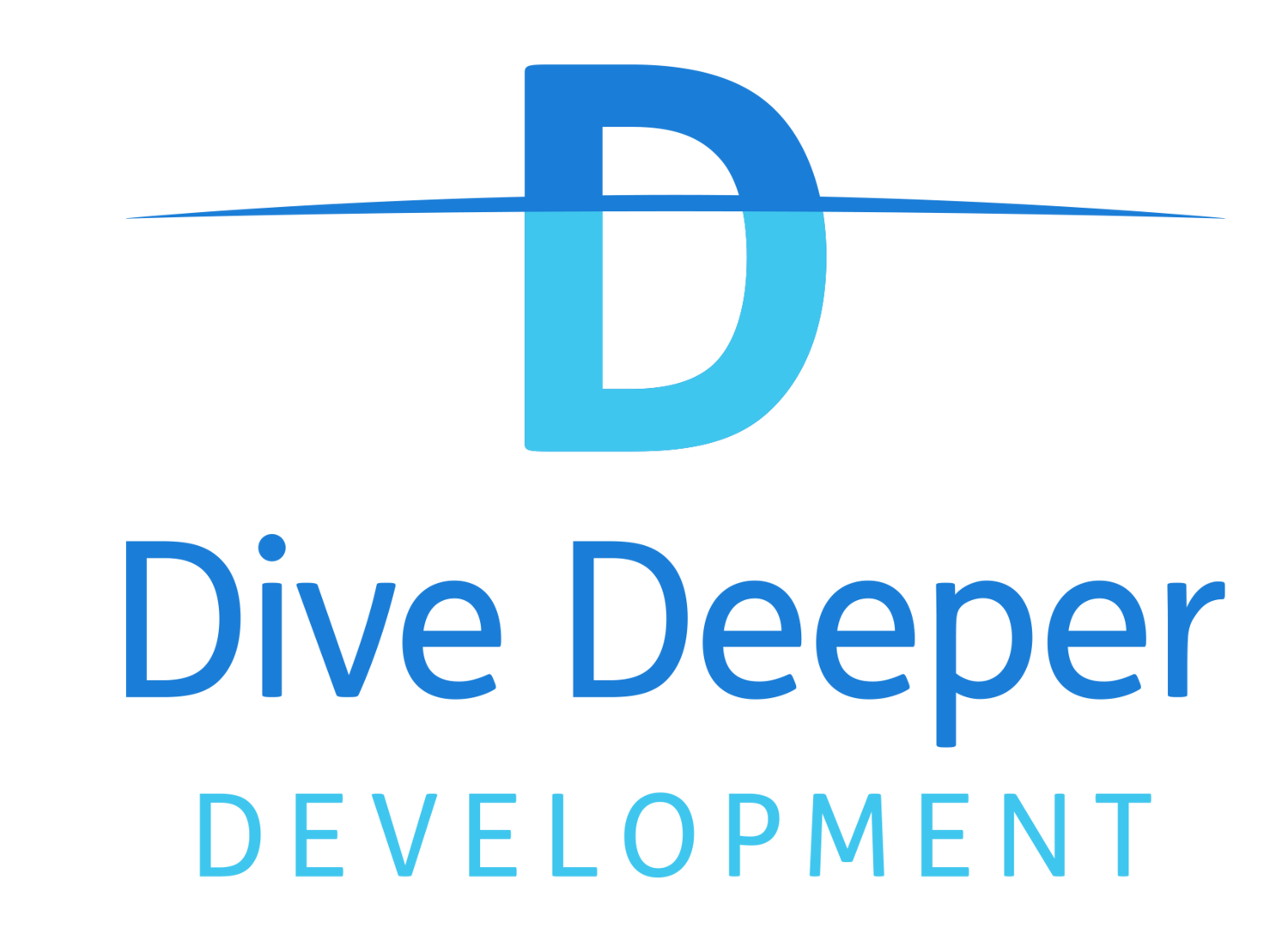You Can’t Outrun a Broken Culture: What the Titan Sub Tragedy Tells Us About Leadership
I recently watched the Titan submersible documentary on Netflix. It’s an unsettling watch, but one line hit me so hard I had to pause:
“It’s culture that killed the people.”
—Tony Nissen, OceanGate Director of Engineering
It was a chilling moment. Not just because of the tragedy, but because of how familiar it felt.
Warnings were ignored.
Risks were downplayed.
Dissenting voices were silenced.
The goal became everything. The mission was everything. And performance was prized above all else.
That relentless focus on outcome over process didn’t just lead to failure-it cost lives.
In most organisations, the consequences aren’t as extreme. But the impact of a toxic or dysfunctional culture is still very real.
It can wreck confidence.
It can corrode trust.
It can burn people out from the inside.
I’ve seen it first-hand.
I worked at RBS during the Fred Goodwin era. It was all about growth and delighting shareholders. The culture was aggressive, hierarchical, and intimidating. Loyalty was rewarded. Questioning things was not.
From the outside, it looked impressive. But the cracks were there.
And when it all came crashing down, it wasn’t just numbers on a balance sheet that suffered.
People lost jobs. Some lost life savings. Others lost their purpose, or their mental health.
Here’s the real danger: it’s not always the obviously toxic cultures that do the most damage. Sometimes, it’s the high-performing, high-achieving ones that seem successful, right up until they collapse.
As a leadership coach and trainer, I often ask leaders:
What kind of culture are you creating?
Because your behaviour, how you respond to feedback, how you handle challenge, what you reward, shapes more than just results. It shapes the emotional architecture of your team.
I encourage leaders to build cultures where people can question, challenge, and grow. Where psychological safety isn’t seen as a ‘nice to have’, but as the foundation of performance.
Yes, goals matter. But how you get there matters more.
You can’t outrun a broken culture. Not forever.
What about you? Have you ever worked somewhere that prized performance over people? What did it cost?
